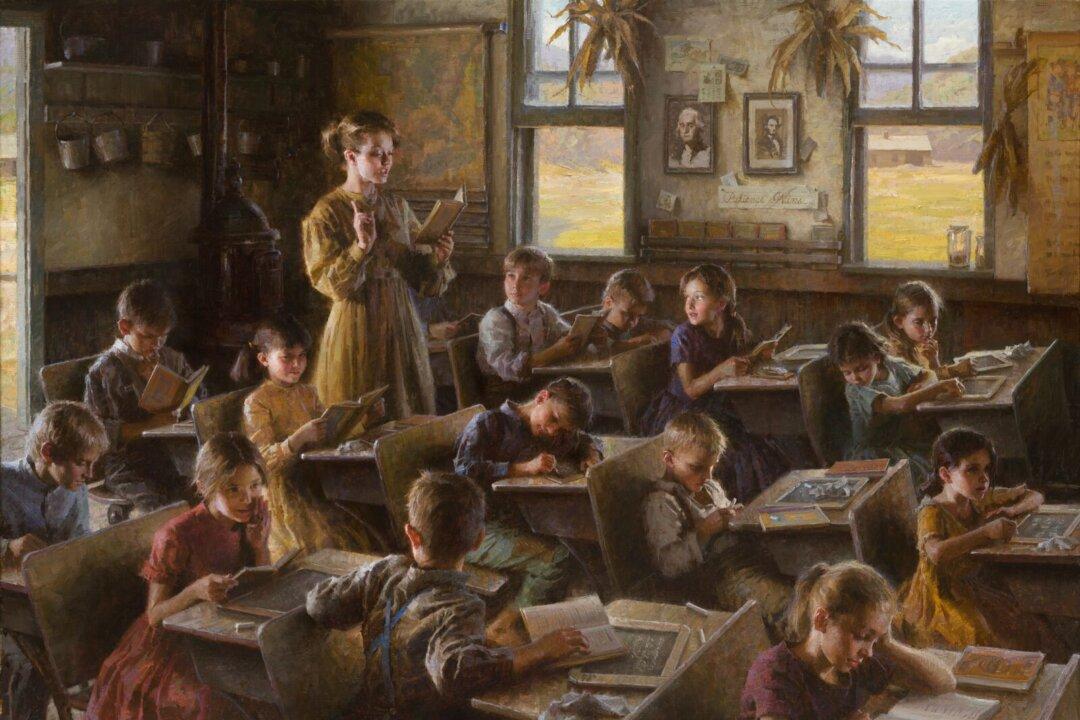In 1934, James Hilton’s short novel “Goodbye, Mr. Chips” became a bestseller both in England and in the United States. Readers fell in love with this story of English schoolmaster Arthur Chipping, his short romance and marriage before his wife dies in childbirth, and his positive influence on the boys in his classes over many decades of teaching. “Goodbye, Mr. Chips” became a Hollywood film in 1939 and then a musical 30 years later.
Frances Gray Patton’s 1954 “Good Morning, Miss Dove” told a similar story of a teacher’s impact on her students. The setting is the early 1950s fictional American town of Liberty Hill, where the “terrible Miss Dove,” an elementary school geography teacher, becomes a living legend for the discipline she exercises in her classroom. Like Hilton’s novel, “Good Morning, Miss Dove” was picked up by Hollywood (in 1955) and was a box-office success.






